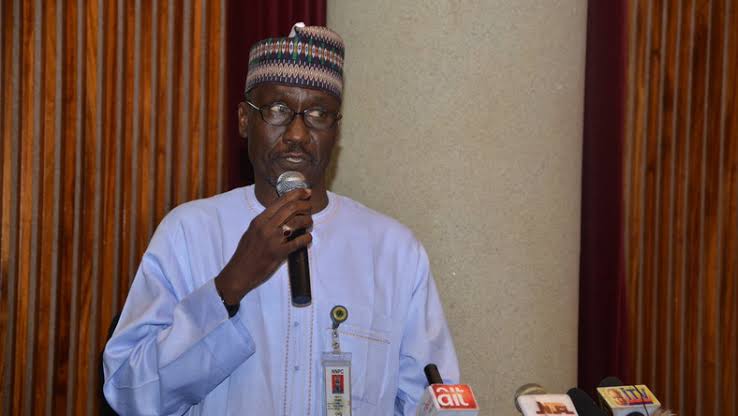The Group Managing Director of Nigerian National Petroleum Corporation (NNPC), Mallam Mele Kyari, has restated Nigeria’s commitment to the oil output cuts agreement signed by the Organisation of Petroleum Exporting Countries (OPEC), promising that the country will reduce its crude oil output to comply with OPEC production targets.
The NNPC boss also said the NNPC was discussing potential investment opportunities in Nigeria with Saudi Arabia’s Aramco and ADNOC of the United Arab Emirates, including potential petrol supply with Aramco trading.
The NNPC Don told journalists yesterday at a conference in Fujairah in the United Arab Emirates that Nigeria’s September crude oil and condensate output was between 2.1 and 2.2 million barrels per day (bpd).
“We will (cut) across the assets. The OPEC quota (is) on crude production only, not on condensate, so it doesn’t affect the condensate.
“Our non-conformity is clearly on the crude and it’s not significant so when you spread it across all the assets it will not be a shock, ” he stated.
He added that Nigeria hoped to raise oil production to about three million bpd in the next two to three years.
According to him, the federal government is also discussing potential investment opportunities with Saudi’s Aramco and UAE’s ADNOC.
Kyari added that the corporation was exploring the possibility of ADNOC investing in mid-stream pipelines and refineries in Nigeria.
“We are talking to (Aramco Trading) … We are looking at all opportunities and they are quite keen to supply gasoline to West Africa,” he added.
The 14-country OPEC had agreed in December 2018 with non-OPEC partners, including Russia, to reduce supply by 1.2 million bpd from the start of this year.
OPEC’s share of the cut is 800,000 bpd, to be delivered by 11 members, with exemptions for Iran, Libya and Venezuela.
Nigeria was said to have pumped beyond its quota in September, more than any other OPEC state.
Iraq, Congo, Ecuador and Gabon were also said to have over-produced but by much smaller margins
A market monitoring committee formed by OPEC and its allies, a grouping known as OPEC+, met last month in Abu Dhabi in the UAE ahead of their policy discussions in Vienna, Austria in December.
OPEC+ had over-complied on average with its agreed cut of 1.2 million barrels per day (bpd) as Iranian and Venezuelan exports collapsed due to sanctions.
But some members, such as Iraq and Nigeria, have been producing above their quota.
Iraq, OPEC’s second-largest oil producer, had pledged to reduce output by 175,000 bpd by October, while Nigeria is to reduce supply by 57,000 bpd.
OPEC’s oil output had fallen to an eight-year low in September after attacks on Saudi oil plants cut production, deepening the impact of a supply pact and US sanctions on Iran and Venezuela.
OPEC had pumped 28.9 million barrels per day (bpd) last month, the survey showed, down 750,000 bpd from August’s revised figure.
The September 14 attacks on two Saudi oil plants shut down 5.7 million bpd of production and sent crude prices up 20 per cent to $72 a barrel on September 16.
The price has since fallen to $61 per cent, near levels before the Saudi attack, pressured by a rapid production restart and concern about
